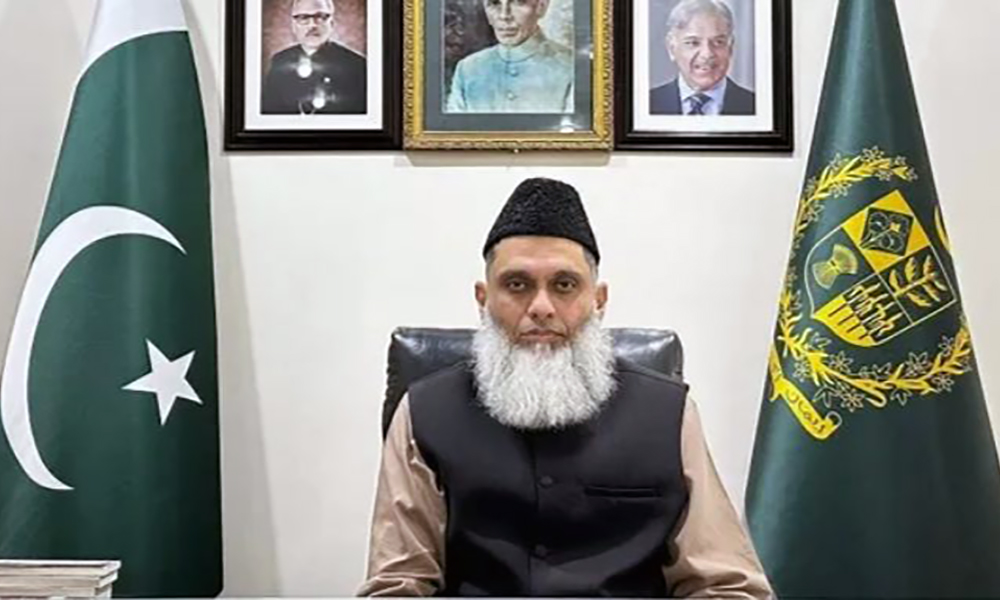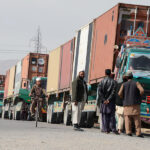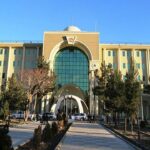Pakistan’s Special Representative for Afghanistan Mohammad Sadiq has said last week’s attack on the Pakistan embassy in Kabul is a reminder of the threat that terrorism poses to Afghanistan and the region.
In a tweet on Sunday, Sadiq said Pakistan remains steadfast in its commitment to fighting terrorism.
This came just hours after Afghanistan’s ISIS branch, IS-KP (Daesh), claimed responsibility for the assassination attempt on Pakistan’s Charge d’affaires to Kabul Ubaid-ur-Rehman Nizamani.
In a statement Saturday, Daesh said it had “attacked the apostate Pakistani ambassador and his guards.”
In response, Pakistan’s special envoy to Afghanistan tweeted: “The IS-KP have accepted responsibility for the terrorist attack on Pakistan Embassy compound on (Friday) 2 December. Independently and in consultation with the Afghan authorities, Pakistan will verify the veracity of these reports.
“This notwithstanding, the terrorist attack is yet another reminder of the threat that terrorism poses to peace & stability in Afghanistan and the region. We must act resolutely with all our collective might to defeat this menace,” he said.
A police spokesperson in Kabul said on Saturday that one suspect had been arrested and two weapons were seized.
Nizamani was on a routine afternoon walk on Friday inside the sprawling embassy compound when unknown gunmen opened fire on him from a nearby building. VOA reported, the diplomat escaped unhurt, but his security guard was hit in the chest by three bullets.
A Pakistani Foreign Affairs Ministry statement in Islamabad condemned what it called an attempted assassination of Nizamani. It demanded the Islamic Emirate government in Kabul immediately investigate the shooting and bring the culprits to justice.
Pakistan also called on local authorities to take urgent measures to ensure the safety and security of its diplomatic mission, personnel and citizens in Afghanistan.
Afghan Foreign Affairs Ministry spokesperson Abdul Qahar Balkhi said in a statement that his government strongly condemns “the failed firing attack” at the Pakistan embassy and that it will not allow “any malicious actors” to pose a threat to the security of diplomatic missions in the Afghan capital.
“Our security [agencies] will conduct a serious investigation, identify perpetrators and bring them to justice,” Balkhi said.
Meanwhile, Pakistan foreign ministry’s spokesperson stated that there are no plans to close the embassy or withdraw diplomats from Kabul.
Pakistan and the world at large do not formally recognize Afghanistan’s IEA government, although Pakistan — along with China, Russia, Turkey, Qatar and several other countries — has kept its embassy in Kabul open.













